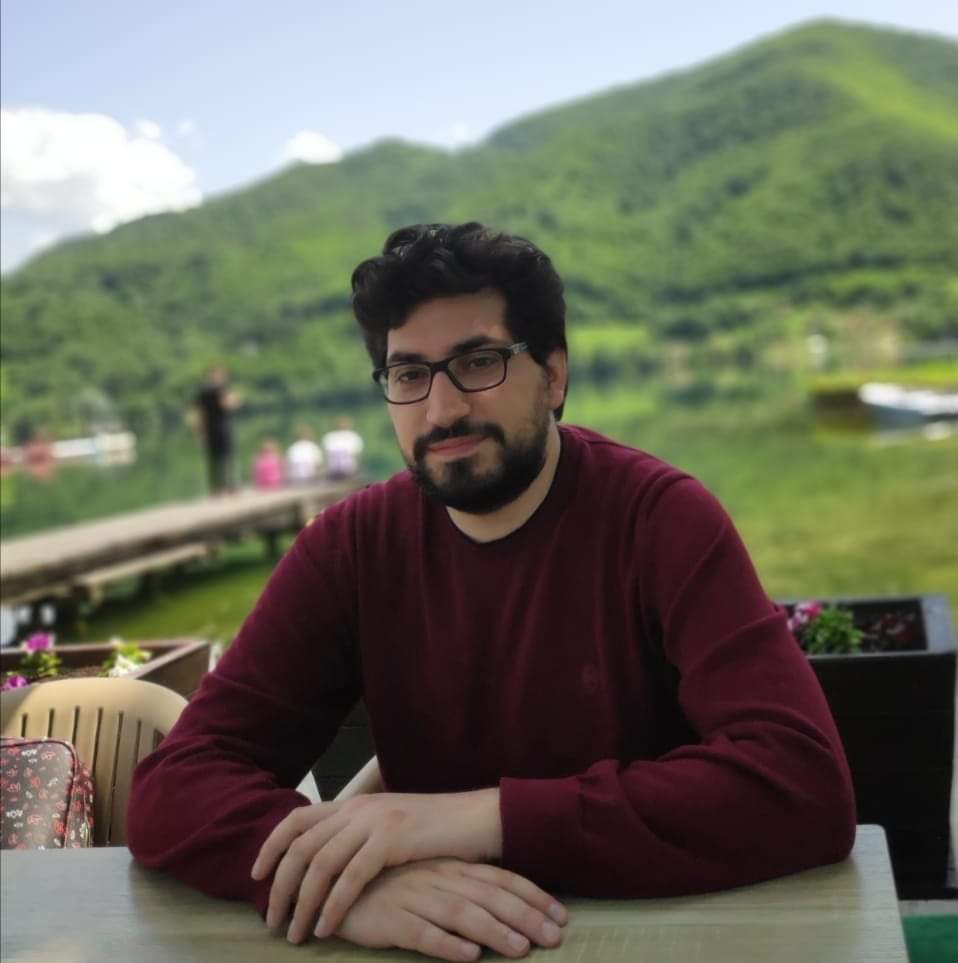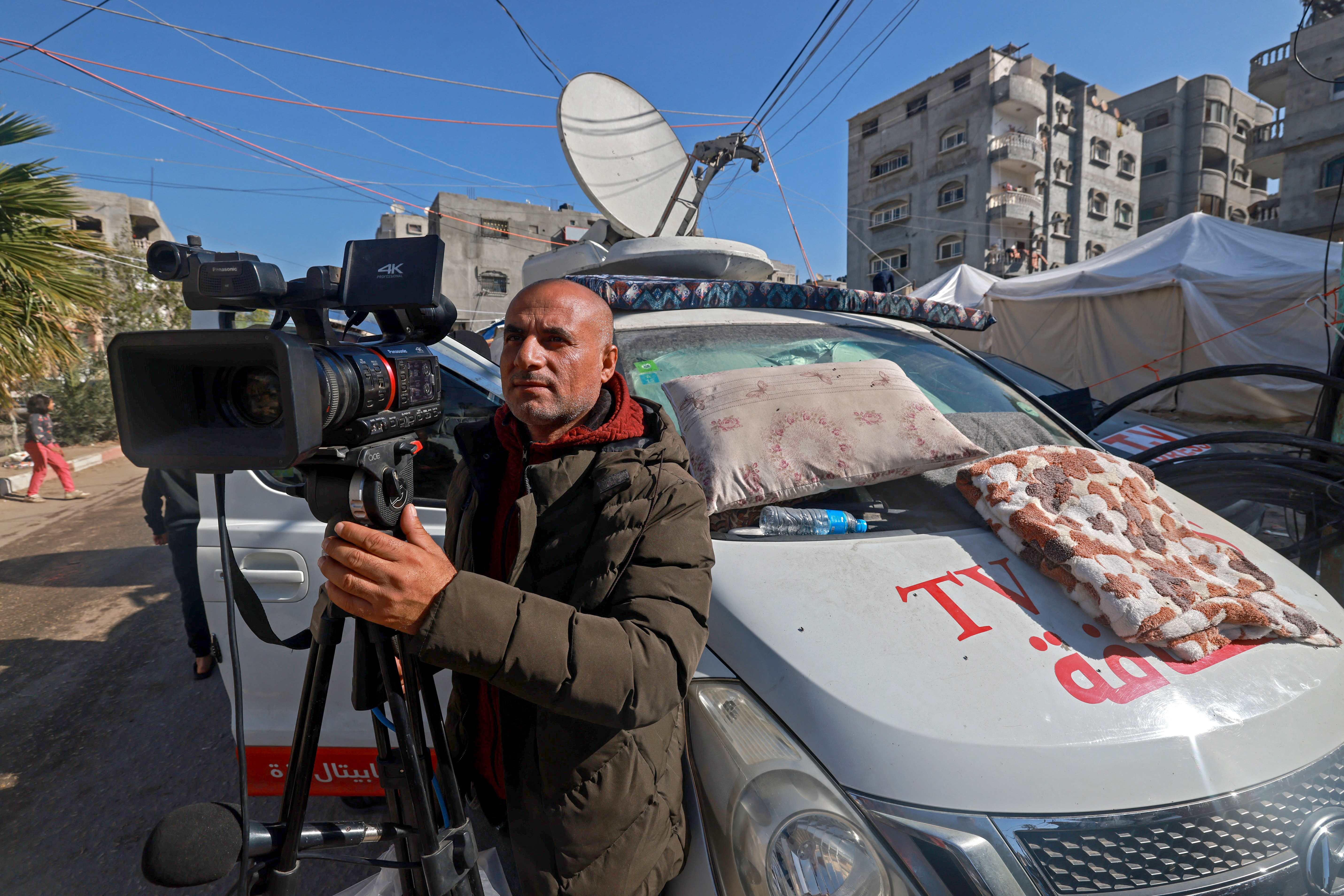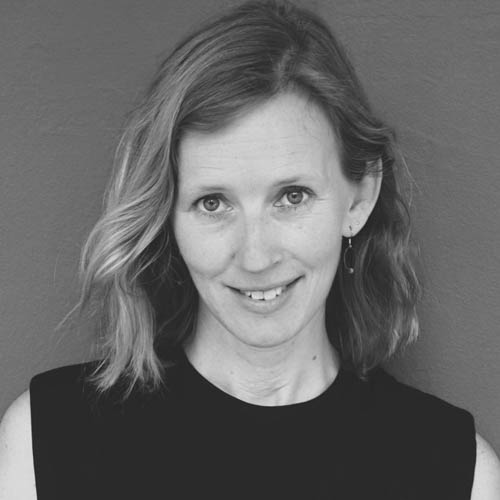• مقال فائز بمنحة حضور منتدى كليات الصحافة في العالم العربي (أكتوبر 2023)
تعتبر الصحافة أحد أبرز وأهم المجالات التي تستقطب الكثير من الطلبة الجدد في مسارهم الجامعي؛ فالبعض يدفعه الشغف بالمجال الإعلامي، بينما ينضم آخرون إليه بدافع المسمى الوظيفي والظهور التلفزيوني. لكن لعل أبرز نقطة قد يشترك فيها الصنفان هي اصطدامهما بواقع تدريس الصحافة في العالم العربي. وفي هذا المقال سأتناول تجربة تدريس الصحافة في الجزائر.
بداية يجتاز الطالب امتحان التخرج من الثانوية - المسمى بـ "البكالوريا" أو الثانوية العامة - إذا بلغ معدل نجاحه 10 من 20؛ حيث يمكنه حينها التسجيل في إحدى الكليات في تخصص "العلوم الإنسانية" ليدرس سنته الأولى كأصل مشترك بين جميع التخصصات، تليها السنة الثانية التي يختار فيها تخصص "إعلام واتصال" ثم السنة الثالثة وهي سنة التخرج بشهادة إجازة، وهنا يتفرع في أحد التخصصين: إما إعلام أو اتصال.
في هذه الأعوام الثلاثة -حسب تجربتي في كلية العلوم الإنسانية لجامعة وهران 1- فإن الطالب يتعرض لكمية هائلة من المعلومات النظرية البحتة على مدار سنوات دراسته هناك؛ أبرزها تاريخ الصحافة واقتصاديات الإعلام وتقنيات الإعلام السمعي البصري والإلكتروني وكذلك منهجية البحث العلمي والصحافة المتخصصة بالإضافة إلى فنون التحرير الصحفي وإخراج الصحيفة وفنون التحرير التلفزيوني والإخراج السمعي البصري. وتنقسم الحصص إلى نوعين: المحاضرات النظرية، والحصص "التطبيقية" لكنها نظرية من حيث منهجية التدريس؛ فهي تتمثل بشكل رئيسي في منح الأستاذ للطالب موضوعا يبحث فيه، ثم يأتي الطالب في الحصة التالية يتلو ما قد جمعه من الإنترنت على باقي الطلبة ثم تنتهي الحصة. في أحسن الأحوال قد يفتح الأستاذ بابًا لطرح الأسئلة والنقاش حول الموضوع المتطرق له، كما قد يمحص المراجع والمصادر المستعان بها ليتأكد من عمل الطالب.
ما يعيب كل هذا هو الحشو المعرفي النظري البحت؛ إذ يدخل الطالب القاعة في الساعة الثامنة صباحا ليخرج في الساعة الرابعة لا يتذكر شيئا مما قد تطرق إليه خلال اليوم الدراسي، ثم يعود ليحفظ ما تعرض له من كمية هائلة من المعلومات التي قد لا يفقه نصفها؛ كي يعيد كتابتها في ورقة الامتحان. ولعلي لا أنسى أن أذكر إحدى أهم الصعوبات التي تواجه حياة الطالب الجامعي، وهي عدم توفير الكثير من الأساتذة المحاضراتِ مكتوبةً؛ فإذا تعذر على الطالب حضور المحاضرة فإنه في كثير من الأحيان لن يحصل على المادة العلمية من الأستاذ سواءً مباشرة أو رقميا، ليلجأ لاحقا إلى التوسل لزملائه ممن حضروا الحصة بأن يتكرموا بملخص لموضوع المحاضرة.
أما عن البعد الرقمي للدراسة فهو شبه غائب أو لنقل شكلي فقط؛ إذ إن الطالب - بعد أن يجد صعوبة هائلة في الولوج للموقع - لا يعثر إلا على بعض المحاضرات، وربما في أحسن الأحوال فيديو أو اثنين لأحد الأساتذة يشرح بعض المواضيع. ويُعزى ذلك بشكل رئيسي إلى غياب ثقافة التدريس الرقمي لدى الأساتذة وكذا عدم حرص المؤسسات الجامعية على تطويرها.
لا تملك أغلب المؤسسات أستوديو خاصا لتكوين الطلبة، وإذا وجد فإنه يفتقر للتجهيزات الأساسية كالكاميرات ومعداتها ومسجلات الصوت ومعدات الإضاءة والقارئ الآلي والخلفية الخضراء وغيرها من المعدات البصرية والسمعية المطلوبة التي يتم التحدث عنها في الحصص "التطبيقية" نظريا، ولا يجدها الطالب في واقعه الدراسي على مستوى الجامعة. وإذا كان الطلبة محظوظين كفاية فقد يقوم أحد الأساتذة - كرما منه - بتنظيم زيارة لإحدى المؤسسات الإعلامية والاستعانة بأحد أصدقائه من العاملين هنالك لتوسيع نظرة الطالب حول مجال الإعلام والصحافة.
يدخل الطالب القاعة في الساعة الثامنة صباحا ليخرج في الساعة الرابعة لا يتذكر شيئا مما قد تطرق إليه خلال اليوم الدراسي، ثم يعود ليحفظ ما تعرض له من كمية هائلة من المعلومات التي قد لا يفقه نصفها؛ كي يعيد كتابتها في ورقة الامتحان.
إضافة لكل ما سبق يستفيد الطالب من تدريب تكويني (مدته بين 7 أيام إلى 15 يومًا) في إحدى المؤسسات التي يختارها الطالب ويكون ذلك فقط إذا قُبِل طلبُه للتدرّب فيها من طرف مدير المؤسسة الإعلامية. ويجب أن أذكر أن الجامعة أو الكلية لا تتوسط للطلاب لتسهل عليهم عملية التدريب؛ حيث إن الجامعة لا تملك أي نوع من العقود مع المؤسسات الإعلامية - سواء الخاصة أو العامة - في سبيل توفير تدريبات مضمونة وجيدة للطلاب.
بعد أن يسعى الطالب لحيازة موافقة من مدير المؤسسة يبدأ حينها تدريبه الذي لا يسمن ولا يغني من الجوع؛ فأغلبية الموظفين يبخلون في تقديم نبذة عن خبرتهم، بل يمنعون الطلبة في كثير من الأحيان من القيام بأي عمل تطبيقي حقيقي، ليقتصر تدريبه بذلك على عملية الملاحظة عن بعد فقط، وبالتالي لا يتعلم الطالب أي مهارة تذكر. ناهيك عن رفض الكثير من المؤسسات الإعلامية تدريب الطلاب عندها ابتداء، بحجة أنه عائق يعرقل حسن سيرورة عمل الفريق الإعلامي من مذيعين ومخرجين ومهندسين وغيرهم. حتى إنني شخصيا واجهت موقفا مشابها؛ إذ أخبرنا رئيس قسم البرمجة بإحدى الإذاعات أن تدرّبنا بالإذاعة - أنا وزميلتي - شكل عبئا عليه وعرقل عملية مزاولته لوظيفته، رغم أننا لم نأخذ إلا نصف ساعة من وقته "الثمين"، وعندما شاركت هذا الموقف مع الأستاذ الجامعي المشرف على التدريب أخبرنا أن نلتزم بما يريده العامل بالإذاعة، الأمر الذي دفعني للتساؤل عما إذا كان هذا التدريب مجرد برتوكول سطحي لا أكثر.
الحقيقة أن الطالب الجامعي على مستوى كليات الصحافة في الجزائر لا يتم تكوينه بشكل جيد، ما يصعّب عليه مزاولة العمل في الميدان الصحفي بعد التخرج، والكثير ممن يبدؤون العمل في المجال يؤكدون أنهم اكتسبوا ما يملكون من مهارات بعد أن وضعوا أقدامهم في عالم الشغل، حيث لم توفر لهم الجامعة إلا قليلا من الخبرة التي يحتاجونها.
أخبرنا رئيس قسم البرمجة بإحدى الإذاعات - أنا وزميلتي - أننا شكلنا عبئا عليه وعرقلنا عملية مزاولته لوظيفته، رغم أننا لم نأخذ إلا نصف ساعة من وقته "الثمين".
لا يملك صحفي المستقبل في الجزائر غير أن يبحث عن تكوين نفسه خارج الإطار الجامعي بعد أن يصطدم بواقع تدريس الصحافة في الجامعات الجزائرية، فبعض الطلبة يتوجهون للدورات التكوينية، منها المجانية ومنها مدفوعة الثمن، وتكون إما حضوريا أو عبر الإنترنت، بينما يملك بعضهم "معارف" يتوسطون لهم وبذلك يحوزون فرصة جيدة لدخول المجال من أوسع أبوابه، وأكيد ثمة فئة من ييأسون من مستوى التدريس في عموم البلد، فينتقلون لإكمال دراستهم خارج الوطن.
يجدر التأكيد على نقطة أخرى وهي كون أغلبية العاملين في مجال الصحافة الجزائرية لم يدرسوا في جامعة أو معهد خاص بالمجال، وحتى إن بعضهم لم يزاولوا أي نوع من التكوين في التخصص؛ فالنسبة البارزة منهم درسوا تخصصات أخرى على المستوى الجامعي كتخصص الأدب العربي والقانون وتخصص لغات أجنبية، أما بعضهم الآخر فمن التخصصات العلمية والتجريبية؛ كتخصص العلوم التقنية والتكنولوجيا وتخصص العلوم البيولوجية وحتى من التخصصات الطبية، وهو أمر يدفع الطالب للتساؤل حول أهمية وجود تخصص علوم الإعلام والاتصال كتخصص جامعي، إذا كان دارس الإعلام سيواجه شبح البطالة بعد تخرجه بينما يأخذ غيره منصبه الوظيفي على مستوى القنوات السمعية البصرية ومؤسسات الصحافة المكتوبة أو الأقسام المكلّفة بالإعلام في المؤسسات المختلفة.
أتطرق هنا لبعض التوصيات والاقتراحات لتحسين واقع المنظومة التدريسية للصحافة في الجزائر، على ضوء تجربتي كطالبة في مقاعد الدراسة الجامعية؛ بداية يتعيّن على الجامعة تقديم تكوين وتدريب جيد للدارسين فيها يتكيّف مع ما ينتظره سوق العمل، بالتركيز على توفير أستوديوهات إعلامية مصغرة تحاكي نظيرتها في المؤسسات الإعلامية.
في نفس السياق يجدر بالكلية التعاقد مع بعض المؤسسات الصحفية بهدف توسيع المجال المعرفي للطالب من خلال تنظيم تدريبات على مستوى هذه المؤسسات، مع ضمان التكوين الجيد بدل اقتصار الطالب على الملاحظة دون الممارسة الحقيقية، إلى جانب التركيز على أهمية مشاركة الموظفين لخبرتهم المهنية في الميدان مع الطلبة المتدربين بدل البخل بها.
من جهة أخرى، ينبغي السعي نحو تحديث وتطوير التعليم الجامعي الرقمي أو ما يسمى بالتعليم عن بعد، حتى لا يجد الطالب حرجا في الولوج إلى الموقع الإلكتروني للكلية وكذا تسهيل إمكانية الحصول على المادة العلمية من محاضرات وملخصات ومذكرات وغيرها من المراجع المطلوبة.
إذا كان دارس الإعلام سيواجه شبح البطالة بعد تخرجه بينما يأخذ غيره منصبه الوظيفي على مستوى القنوات السمعية البصرية ومؤسسات الصحافة المكتوبة أو الأقسام المكلّفة بالإعلام في المؤسسات المختلفة، فلماذا دراسة الصحافة؟
يقودنا هذا لنقطة أخرى وهي مسألة رفع الثقافة الرقمية لدى الأساتذة الجامعيين وتحفيزهم على الاستثمار في هذا الجانب لتيسير عملية البحث العلمي للدارس. و في المسار ذاته، يجب تطوير مكتبة رقمية موجهة للباحثين في المجال، يتم تحديثها بشكل دوري مع إمكانية الاستفادة من مذكرات التخرج الرقمية السابقة لطلبة الماستر والدكتوراه، التي عادة ما تبقى في رفوف المكتبة الجامعية لسنوات عديدة يأكلها الغبار دون أن يتم الاستفادة منها.
وكذلك فلا بد من التركيز على مرافقة الطالب بعد التخرج ووضع خطة توظيف واضحة؛ إذ يتخرج الآلاف من الطلبة سنويا ليواجهوا أزمة البطالة الموحشة، بسبب عامل نقص التكوين العملي للطالب في المجال، إلى جانب عوامل أخرى ذات بُعد اقتصادي واجتماعي وثقافي.
يظل واقع تدريس الصحافة في الجامعات والكليات العربية متباينا بين دولة وأخرى، حسب الجهود والإمكانيات والموارد المرصودة لتنمية هذا التخصص وحسب الأهمية المعطاة له.
في هذا المقال ركزت على دولة الجزائر، ويمكن القول بناءً على تجربتي الحالية من جهة - مع ملاحظة مستوى التكوين في هذا المجال في الأقطار العربية الأخرى من جهة ثانية - : لن يتغير هذا الواقع إلّا بمجهودات متراكمة لدفع عجلة البحث العلمي والتعليم العالي، مع الحرص على الاستفادة من تجارب البلدان الأخرى الشقيقة والأجنبية وخبراتها؛ لتأدية رسالة الصحافة النبيلة: المصداقية والحياد.
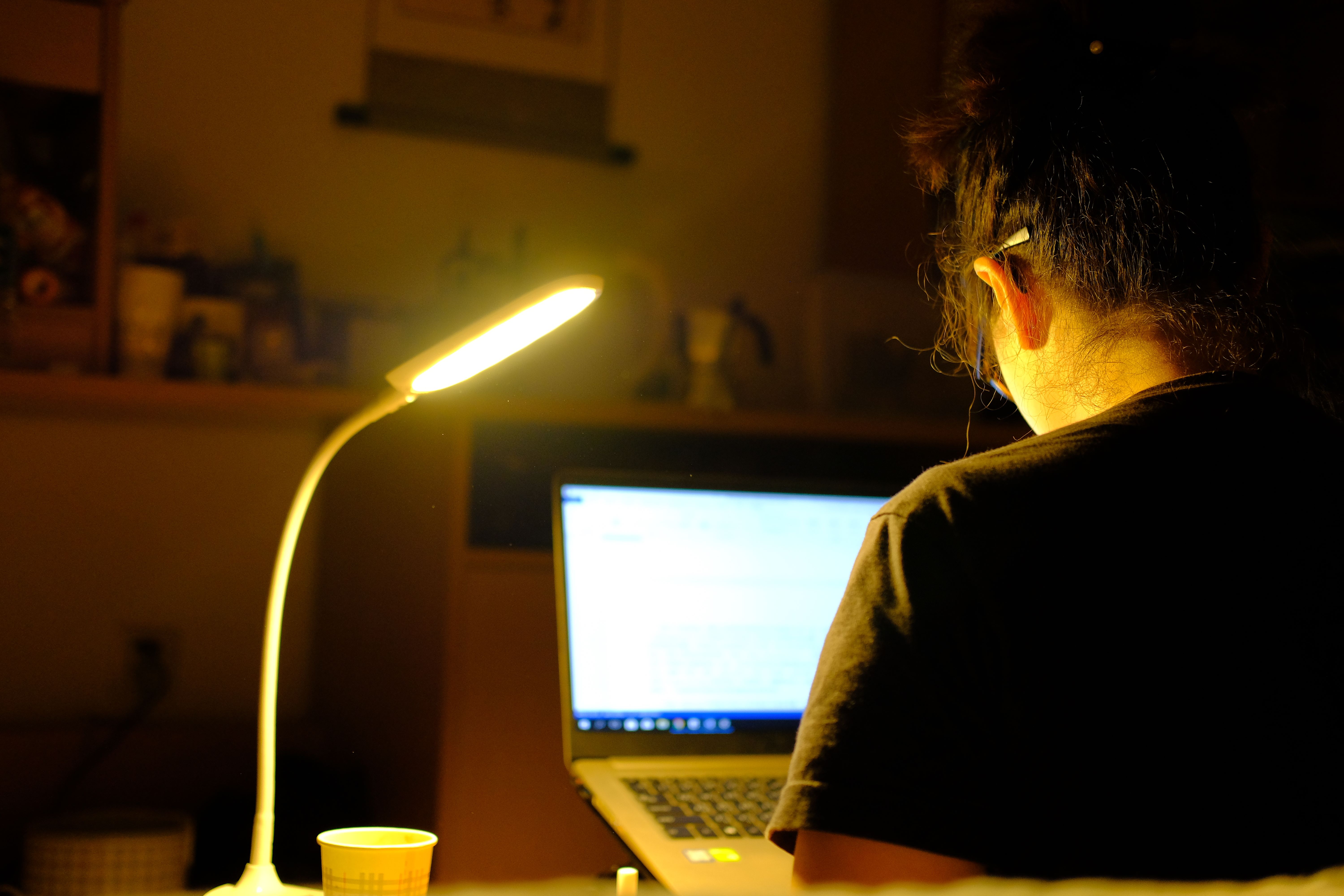
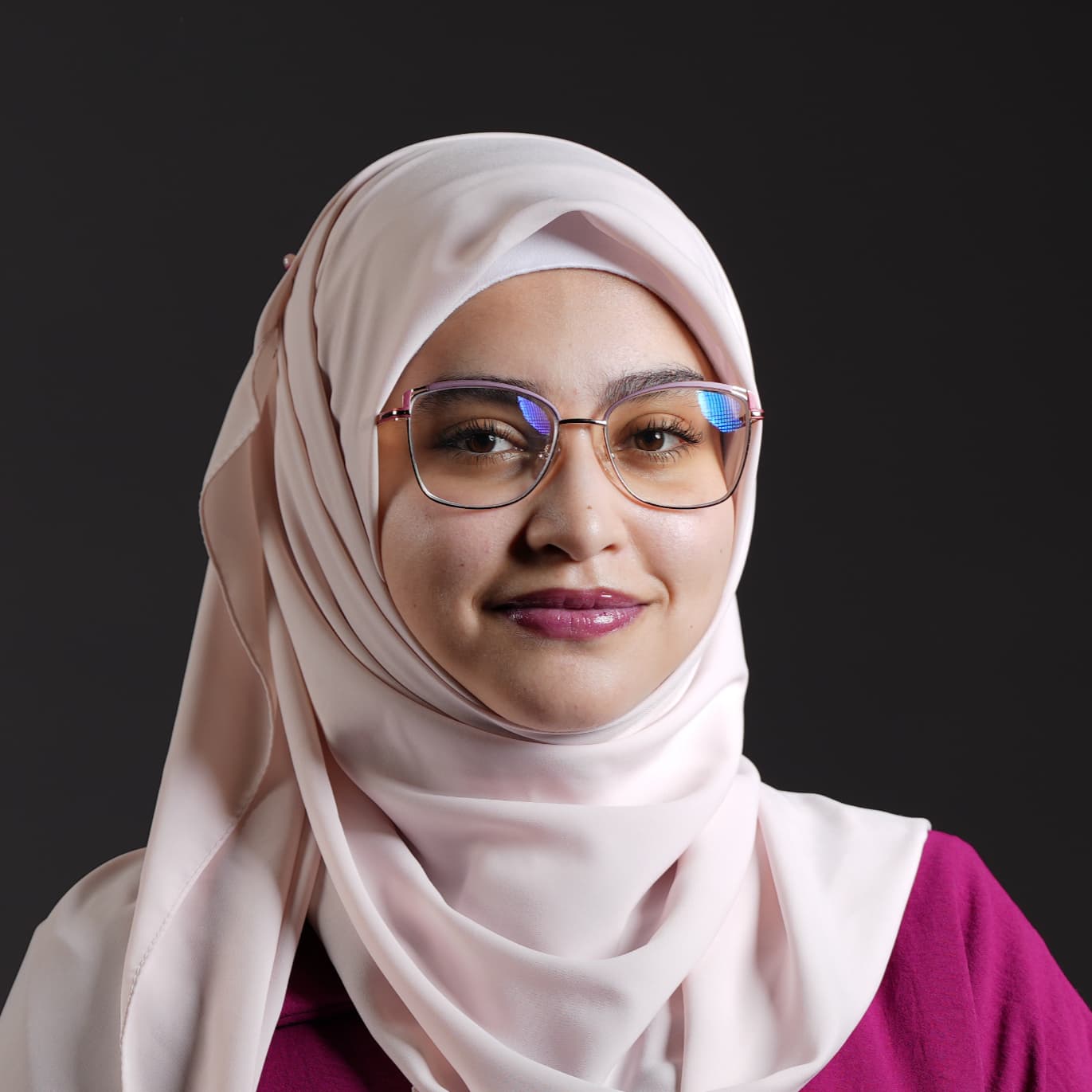








![Palestinian journalists attempt to connect to the internet using their phones in Rafah on the southern Gaza Strip. [Said Khatib/AFP]](/sites/default/files/ajr/2025/34962UB-highres-1705225575%20Large.jpeg)




























